Russian PM, government resign for building ‘strong prosperous’ country
Unexpected development will shift power from presidency to parliament, means Russia will get a new prime minister
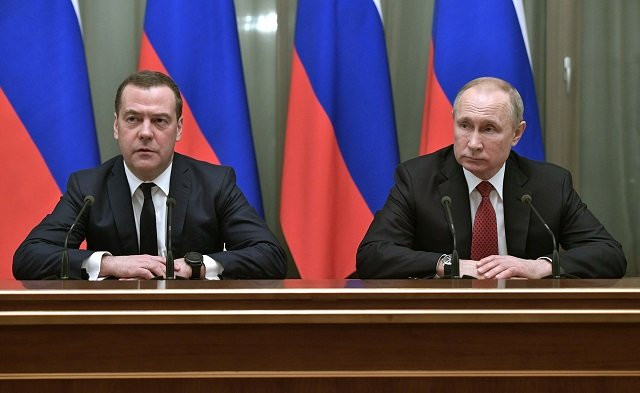
Russian President Vladimir Putin and Prime Minister Dmitry Medvedev meet with members of the government in Moscow on January. PHOTO: AFP
The unexpected announcement, which came shortly after Putin proposed a nationwide vote on sweeping changes that, would shift power from the presidency to parliament, means Russia will also get a new prime minister.
Possible candidates include Sergei Sobyanin, the mayor of Moscow, Maxim Oreshkin, the economy minister, or Alexander Novak, the energy minister.
Medvedev made the announcement on state TV sitting next to Putin who thanked Medvedev, a close ally, for his work.
Putin said that Medvedev would take on a new job as deputy head of Russia's Security Council, which Putin chairs. Putin asked for the outgoing government to remain at work until a new government was appointed.
"I consider it necessary to conduct a vote by the country's citizens on an entire package of proposed amendments to the country's constitution," Putin said, without specifying any date for a vote.
US slams Russia, China at UN for failure to condemn embassy attack
"We will be able to build a strong prosperous Russia only on the basis of respect for public opinion," the 67-year-old leader said. "Together we will certainly change life for the better."
The changes would give parliament the power to choose the prime minister and senior cabinet members, instead of the president as under the current system.
The role of regional governors would be enhanced and lawmakers would be consulted on the appointment of senior law enforcement officials.
But the president would retain nearly all of the position's wide-ranging powers.
"Russia must remain a strong presidential republic," Putin said.
Much of the speech, which lasted about 70 minutes, focused on promises of concrete support for families, with Putin saying Russia continues to face a "very difficult" demographic crisis.
Russia is again seeing falling birthrates as the generation becoming parents now were born in the 1990s, when the birthrate fell drastically due to economic uncertainties following the collapse of the Soviet Union.
"Russia's fate and its historic prospects depend on how many of us there are," Putin said, announcing new cash payouts for births and the extension of child benefit plans.
The address—delivered in the Manezh exhibition hall next to the Kremlin—is one of three big annual Putin events, along with a marathon press conference and live phone-in where he takes questions from the Russian public.
More than 1,300 of Russia's elite attended the speech, including senior judges, regional governors and top religious figures, as well as lawmakers from the Lower House State Duma and upper house Federation Council.
It comes two decades after Putin first became president following Boris Yeltsin's shock resignation on New Year's Eve 1999.
Putin has since held a firm grip on the country, staying on as prime minister when his ally Dmitry Medvedev took the presidency in 2008 for four years.
Re-elected to a six-year term in 2018, Putin has seen his approval ratings fall to some of their lowest levels, though still far above those of most Western leaders.
Recent polls put Putin's rating at 68-70 per cent, up a few points from a year ago but down from a high of more than 80 percent at the time of his last election.
Hit by Western sanctions over the 2014 annexation of Crimea, Russia's economy has stagnated and most Russians have seen their disposable income fall.
Frustration boiled over last summer, with thousands taking to the streets of Moscow to protest the exclusion of opposition candidates from local elections, leading to wide-scale arrests and long jail terms for a number of demonstrators.
Next year's parliamentary vote will be seen as a key test of the system Putin has put in place, with a strong—critics say autocratic – leader supported by loyalist parliamentarians and security services targeting the opposition.


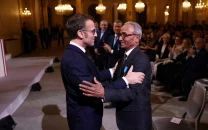
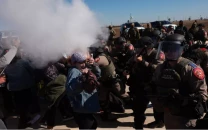
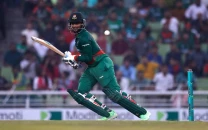
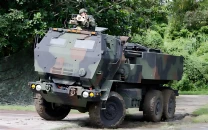
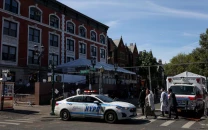












COMMENTS
Comments are moderated and generally will be posted if they are on-topic and not abusive.
For more information, please see our Comments FAQ